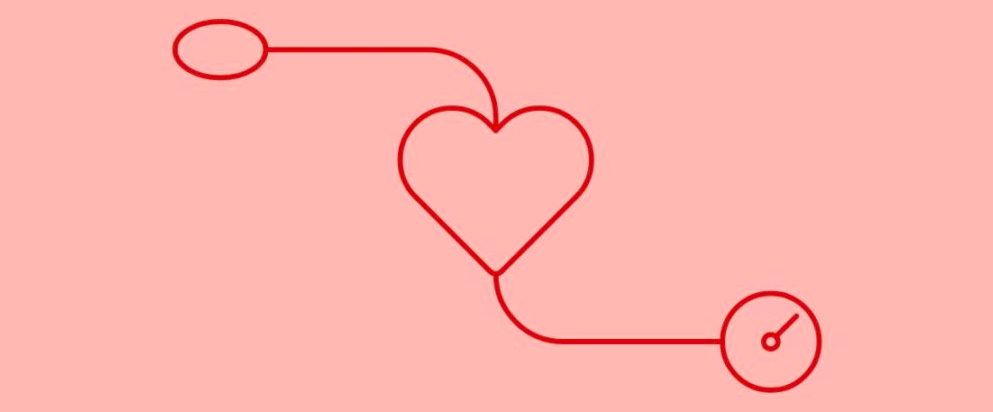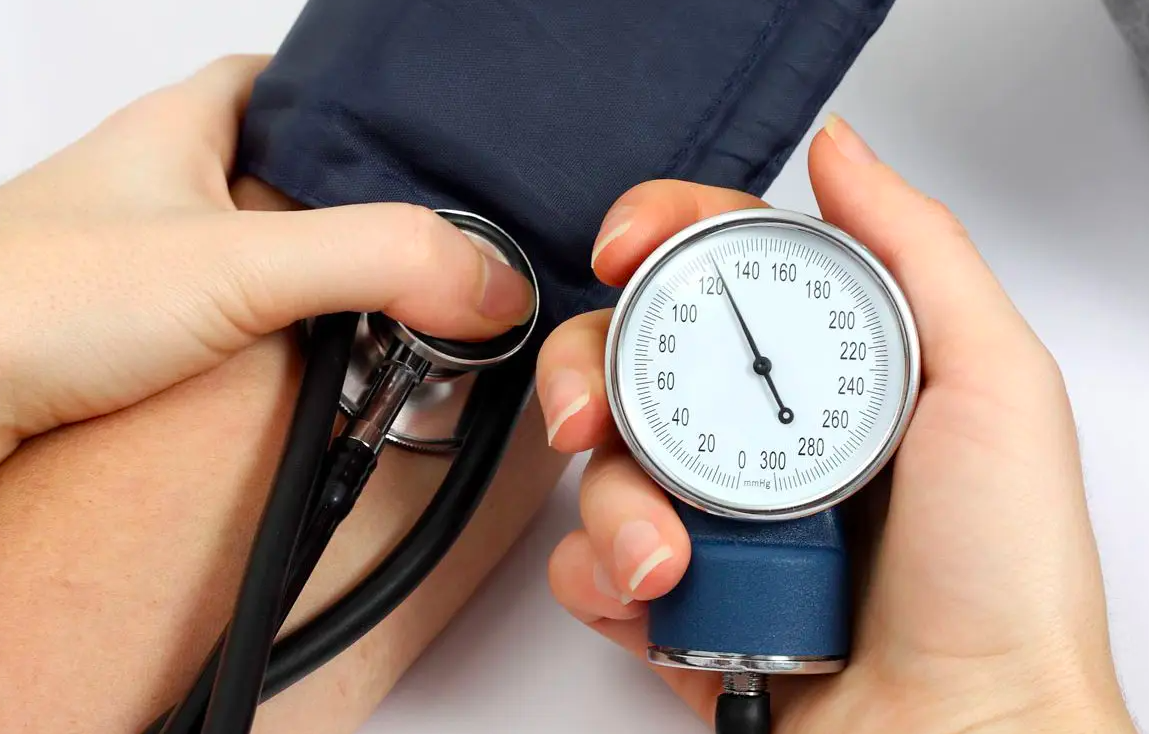High blood pressure, also called hypertension, is blood pressure that is higher than normal. Your blood pressure changes throughout the day depending on how active you are. Blood pressure readings that are consistently higher than normal can lead to a diagnosis of high blood pressure.
Hypertension usually develops over several years. You usually don’t notice any symptoms. But even without symptoms, high blood pressure can damage blood vessels and organs, especially the brain, heart, eyes and kidneys.
What causes high blood pressure?
High blood pressure usually develops over time. This can be caused by unhealthy lifestyles, such as insufficient regular exercise. Certain medical conditions, such as diabetes and obesity, can also increase the risk of developing high blood pressure.
Several factors usually play a role in the development of essential hypertension:
- Genes: Some people have a genetic predisposition to hypertension. This can be caused by gene mutations or genetic abnormalities inherited from your parents.
- Age: People over 65 are prone to hypertension.
- Race: Non-Hispanic blacks have a higher incidence of hypertension.
- Living with obesity: Living with obesity can lead to some heart problems, including hypertension.
- Sedentary lifestyle: Low fitness has been linked to blood pressure.
- Living with diabetes and/or metabolic syndrome: People diagnosed with either diabetes or metabolic syndrome have a higher risk of developing high blood pressure.
- High sodium intake: There is a small association between high daily sodium intake (more than 1.5 g/day) and hypertension.
- Certain chronic conditions, such as kidney disease, diabetes, and sleep apnea.
- Certain medications, including immunosuppressants, NSAIDs and oral contraceptives (the pill).
- Recreational drug use (including amphetamines and cocaine).
- High consumption of alcoholic beverages.
- Tobacco use (including smoking, vaping and smokeless tobacco).
- Low levels of potassium in the body pressure
- Pregnancy
- Not enough exercise

Symptoms of high blood pressure
High blood pressure usually has no warning signs or symptoms, and many people don’t know they have it. Taking your blood pressure is the only way to know if you have high blood pressure.
Blood pressure measurement is quick and painless.
If left untreated, high blood pressure increases the risk of heart attack, stroke and other serious health problems.
Some people with high blood pressure may have:
- headache
- nausea
- vomiting
- nosebleeds
- heart palpitations
- dizziness
- blurred or double vision
- blood spots in the eyes (subconjunctival haemorrhage)
- breathlessness
- flushing
Such high blood pressure is a hypertensive crisis that requires immediate medical attention.
But these symptoms are not specific. They usually do not develop until the high blood pressure has reached a serious or life-threatening stage.
Taking your blood pressure is the only way to know if it is too high. You can do this by visiting your health care provider for an annual checkup, even if you feel healthy. These checks are important and can save lives.
How to manage High Blood Pressure
In some cases, it is possible to lower blood pressure even without medication. Start with lifestyle changes if you have high blood pressure or stage 1 hypertension.
Here are some ways to check your blood pressure:
- Maintain a healthy weight for you
- Develop a heart healthy diet
- Add fruits and vegetables to your diet
- Limit refined sugar
- Reduce the salt
- Consume enough potassium
- Normal exercise
- Stress management
- Quit smoking and limit alcohol
- Sleep
- Monitor your blood pressure regularly
Keep a record of your blood pressure readings and bring them to your doctor’s appointment regularly. This can help your doctor see potential problems before the condition progresses.
The Bottom Line
Because hypertension is often asymptomatic, it is important to check your blood pressure during your annual physical. Severe high blood pressure can lead to serious health problems, so the sooner it is diagnosed, the sooner it can be managed.
In many cases of hypertension, lifestyle changes can be effective tools to manage or even reverse the diagnosis. These changes include adding more nutritious fruits and vegetables to the diet, increasing physical activity, limiting sodium intake, and limiting alcohol consumption.
Citations
https://www.ahajournals.org/doi/abs/10.1161/01.HYP.18.3_Suppl.I95
https://www.ahajournals.org/doi/abs/10.1161/HYPERTENSIONAHA.119.14240
https://www.jstor.org/stable/48666381

